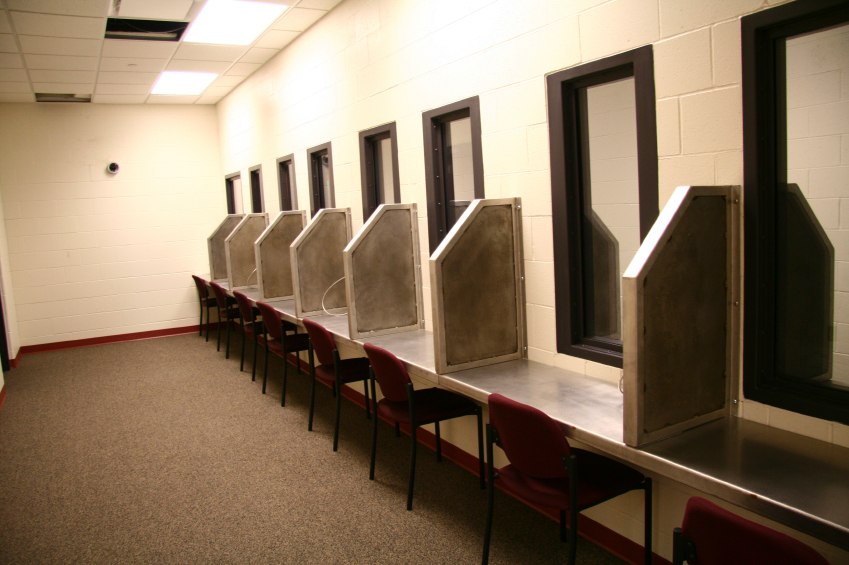
Is Visitation with a Parent in Prison Beneficial to a Child?
It may come as a surprise but prison inmates retain the right of reasonable visitation with their children, despite being incarcerated. Courts have held that refusing to allow reasonable parental visitation with his or her child while incarcerated should only be justified by some compelling necessity, such as a parent dangerously abusing a child. Supporting this position is the idea that children have strong emotional ties to even the ‘worst’ of parents.
In contrast, Courts also agree that a parent who has been incarcerated does not automatically receive the right to visit with their child. The question remains, is it in the best interest of the child to visit their parent while incarcerated? California Family Code §3100, subdivision (a), provides that, “the court shall grant reasonable visitation rights to a parent unless it is shown that the visitation would be detrimental to the best interest of the child….”
Visiting a parent in prison can undoubtedly be an unpleasant experience at times. Standing in line for hours to be cleared for a visit that lasts less than half the time spent waiting, being subjected to metal detectors, pat downs and rude treatment, and visiting in crowded, noisy, dirty, facilities with parents and children separated by a glass barrier, are hardly conducive to promoting family bonds.
Courts have identified several factors to consider when determining whether visitation in prison would be harmful to the child’s welfare. Among these factors include whether a parent-child relationship was established prior to incarceration. Courts have denied visitation to a father in prison without evidence of a past close relationship as the development of a parent-child relationship can prove itself a difficult process, the child should not have to be faced with the additional burden of attempting this process in a prison environment. Other factors considered by courts in determining whether visitation is beneficial include distance that must be traveled by the child and the nature of the travel involved. Courts denied visitation in part because it was not in the child’s best interest to be transported to the correctional facility over 10 hours away, roundtrip.
Despite courts identifying several factors when making a determination for visitation, additional long-term studies are still needed, to provide courts with additional tools to determine whether or not such visits would be beneficial to an individual child. Until then the specific facts from each individual case should be considered in determining whether or not prison visitation as a whole is beneficial.
